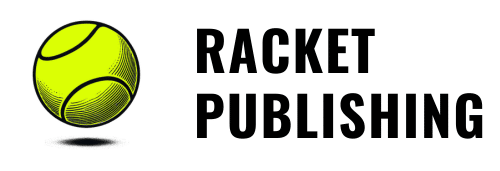About a year ago, I connected with a first-time author. Let’s call him Darryl here, but it’s a pseudonym. His first book was dropping soon—from a prominent publisher to boot.
The topic of Darryl’s forthcoming title dovetailed nicely into a ghostwriting project of mine at the time. Maybe the two of us should chat. I could see the possibilities for collaboration.
Getting Into the Numbers
During our conversation, Darryl told me that his publisher required him to guarantee sales of 3,000 copies in the first calendar year of his hardcover book’s release. Let’s unpack that sentence.
Say that he sold 2,000 (no small feat). He’d then be on the hook for the other 1,000—at a discounted price of $17.50 per book. Even if his book did relatively well, he’d have to fork over $17,500. Oh, and if the book blew up, Darryl would earn about $2 per book sold.
In a word, wow.
Adding salt to the wound, Darryl’s advance was zero. His publisher provided nary a scintilla of marketing support and resources. Ditto for substantive editing. Darryl had to provide a near-perfect manuscript to fulfill the terms of his contract. To this end, he spent beaucoup bucks on a writing coach.
Since Darryl assumed all the risks by guaranteeing 3,000 units sold, I asked him about his royalty rates. Surely, they’d be upwards of 30 or even 40 percent, if not higher.
Nope, they were industry standard.
Yikes.
A Risk-reward Asymmetry
I understood why Darryl’s acquisitions editor would insist upon such onerous terms—especially from a rookie author with a modest following. After all, only about 25 to 30 percent of all books earn out. If a publisher can maximize a title’s upside while effectively eliminating its risk, why wouldn’t it do so? Heads they win; tails, you lose.
Newbies are typically psyched that a big publisher offers a contract.
Still, with terms like these, a publisher is nothing more than an expensive, glorified printer at this point.
I politely mentioned to Darryl that we should talk before he even thinks about writing book number two. If he’s assuming all of the risk, then he ought to get the lion’s share of the rewards. Although working with reputable hybrid publishers isn’t cheap, all of the upside is yours.
What You Need to Know
Sadly, I’ve come across a few folks like Darryl over the years. About a decade ago, an author friend of mine received a nearly identical offer from a traditional publisher. He wisely declined it.
Newbies are typically psyched that a big publisher offers a contract. It’s understandable. I’ve been there. Still, be aware of the pros and cons of different publishing models before inking a contract that may come back to bite you in the ass. It’s better to a discerning author than not.



0 Comments